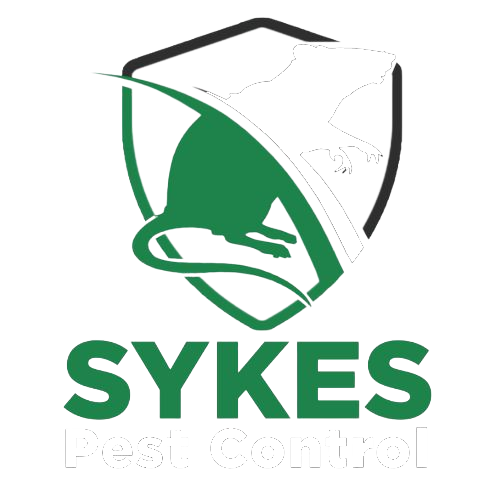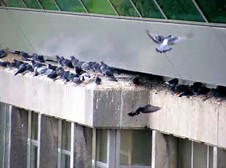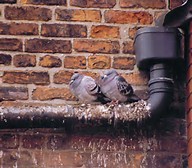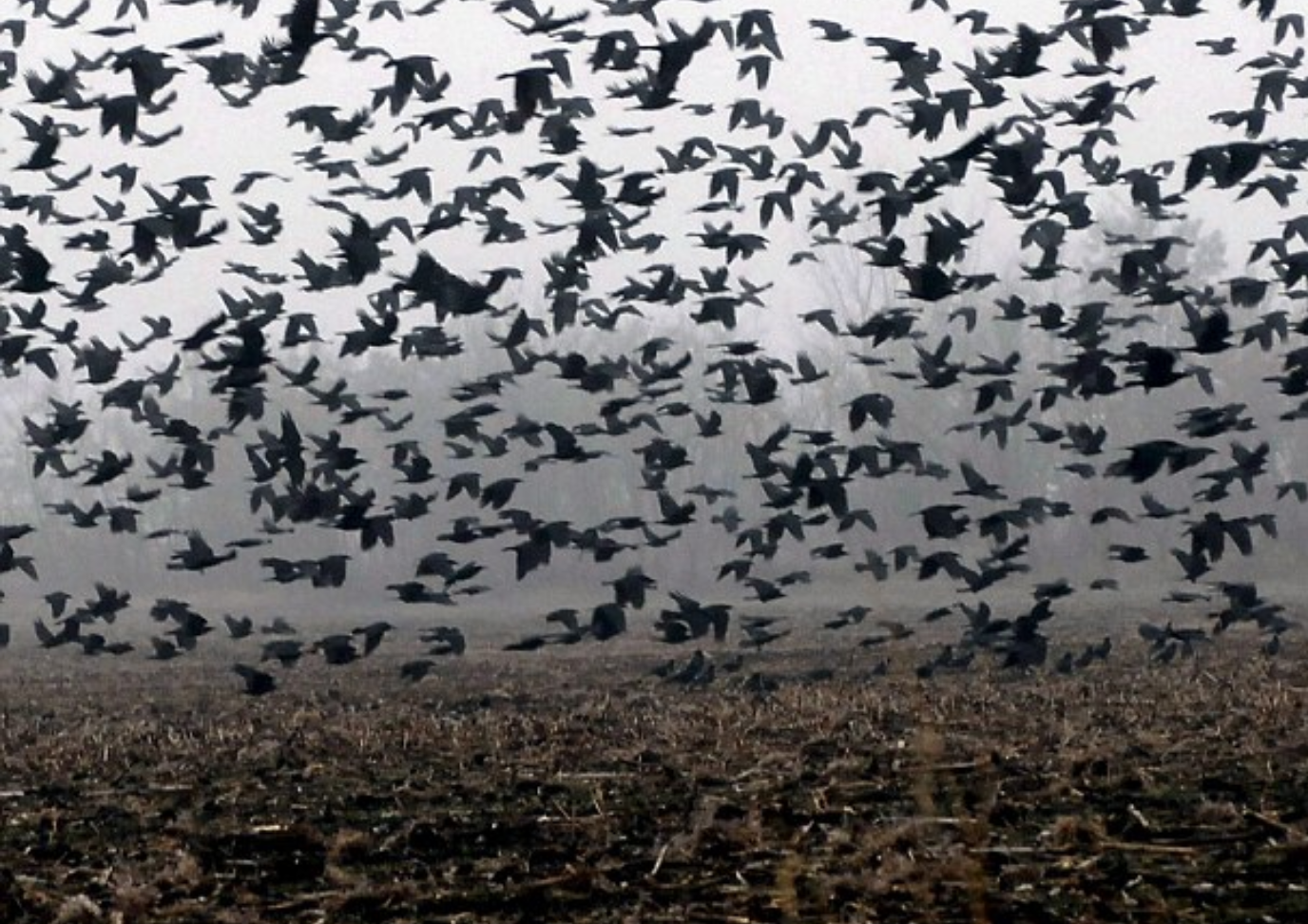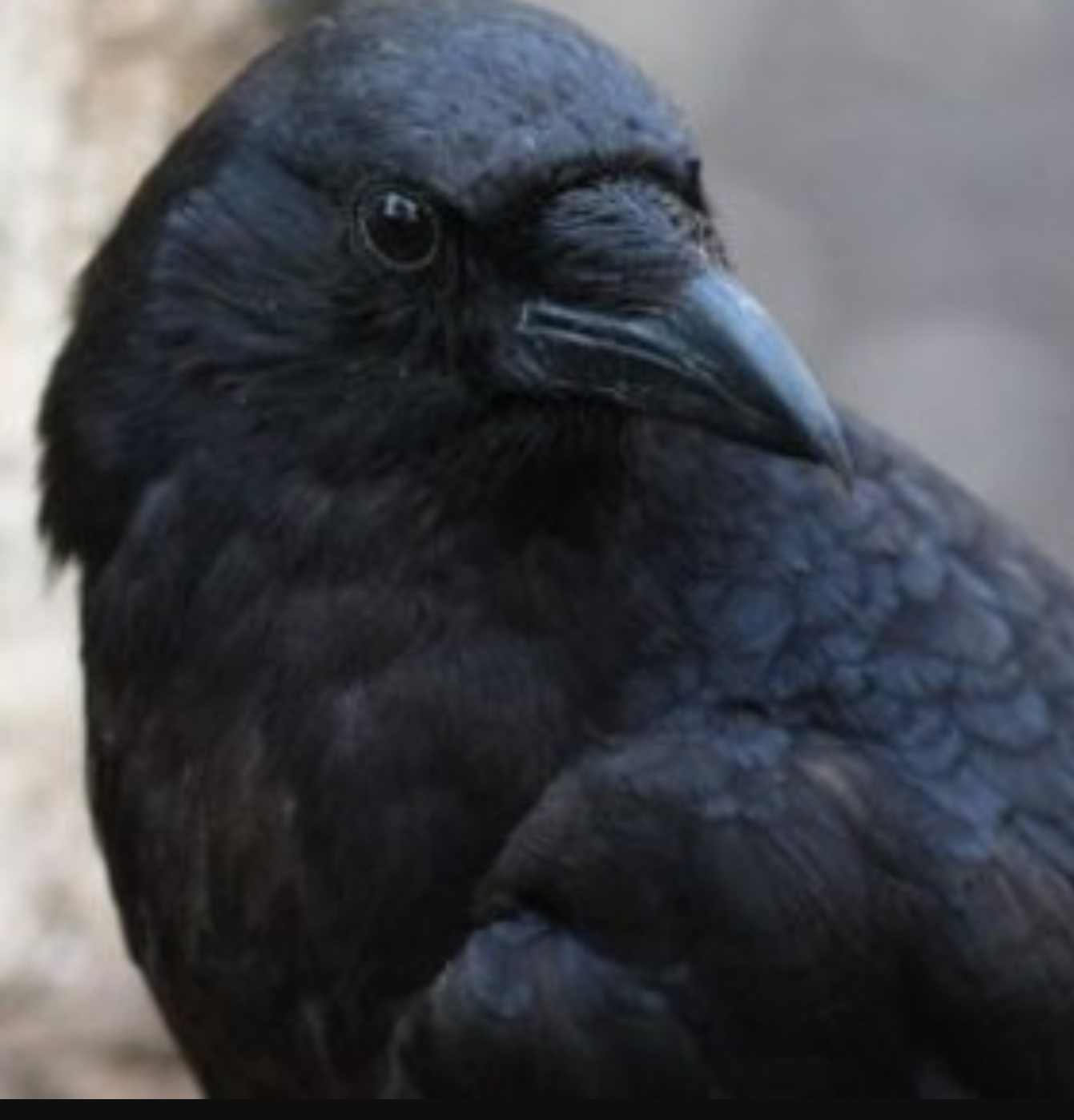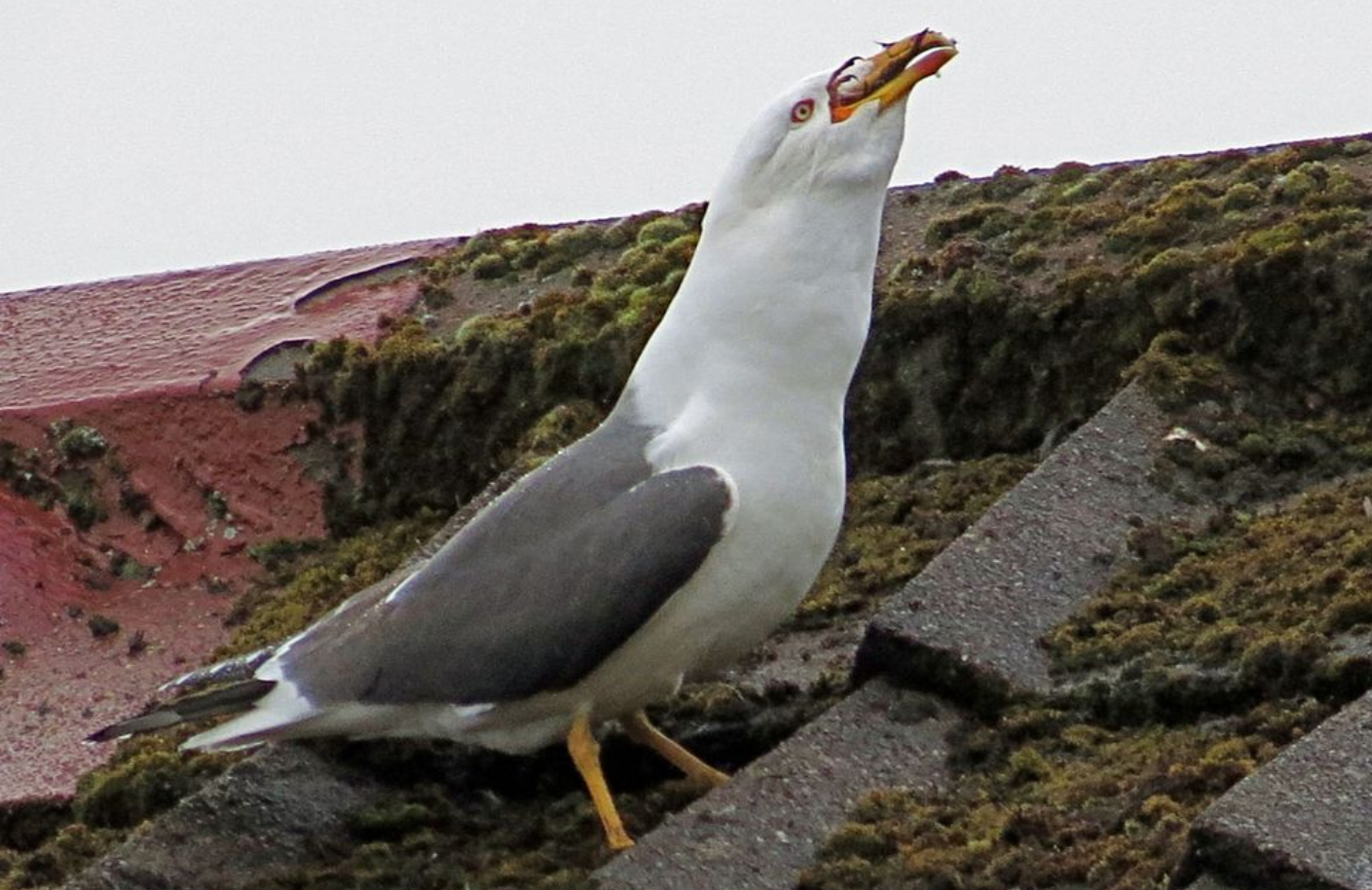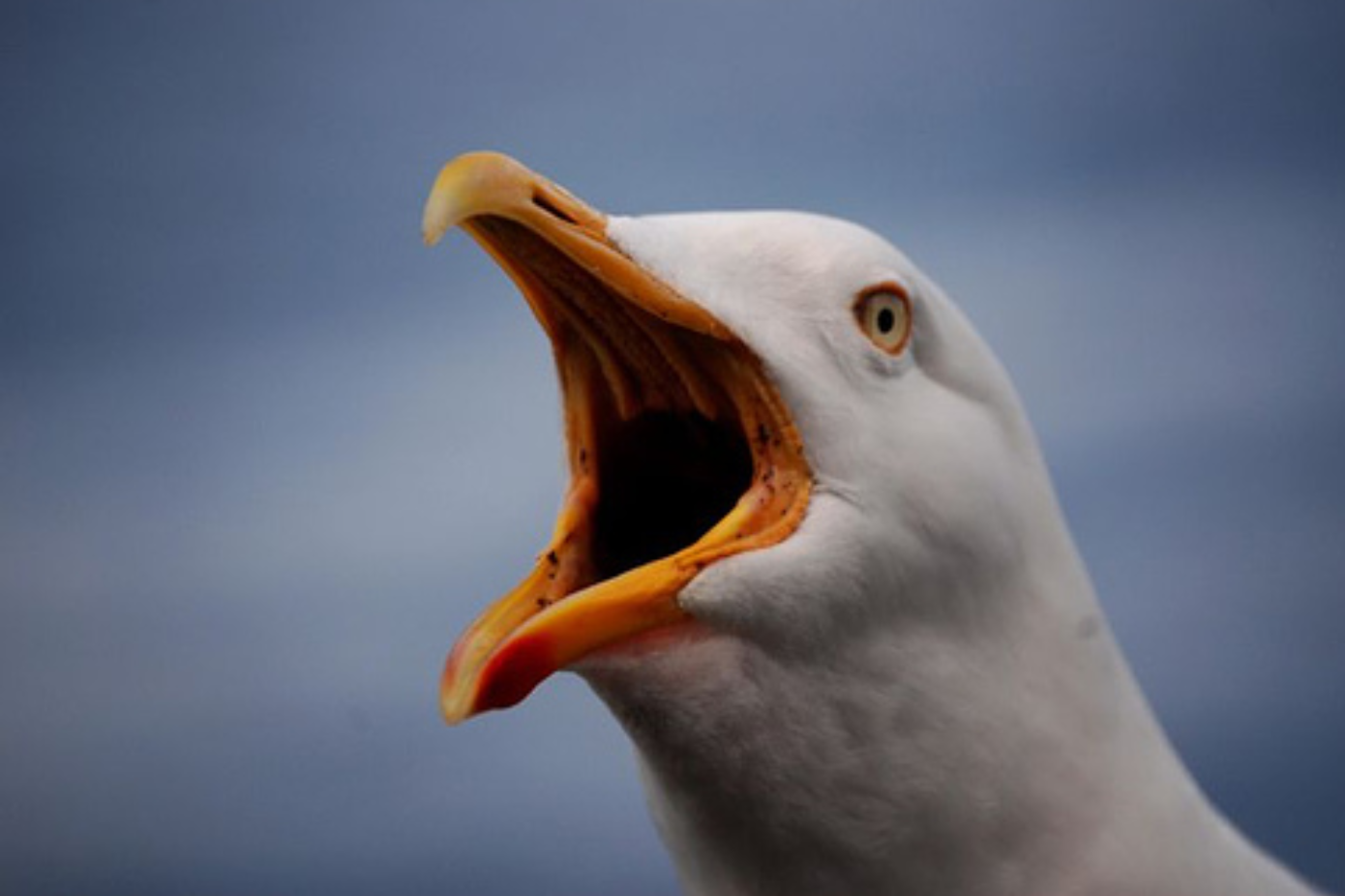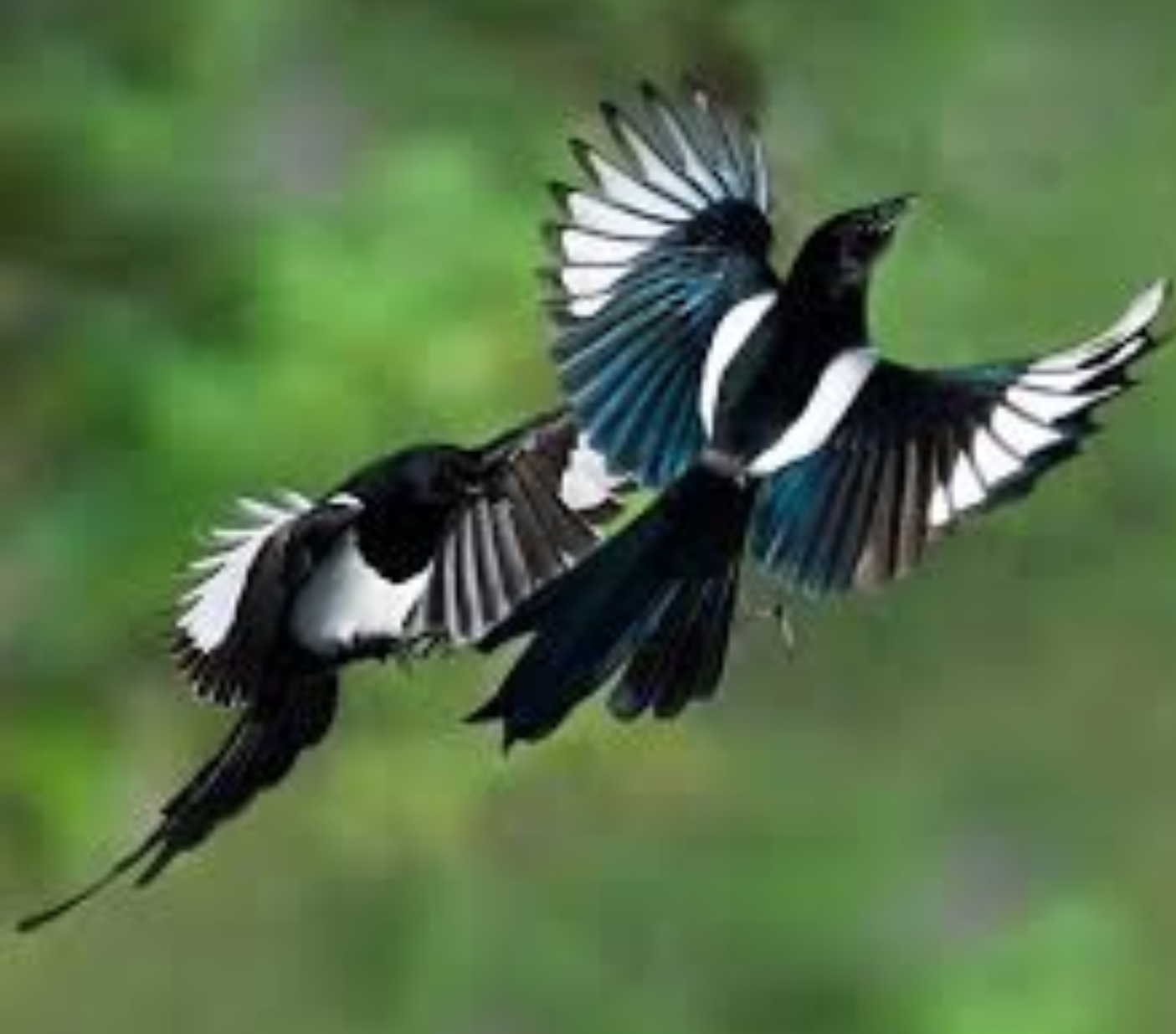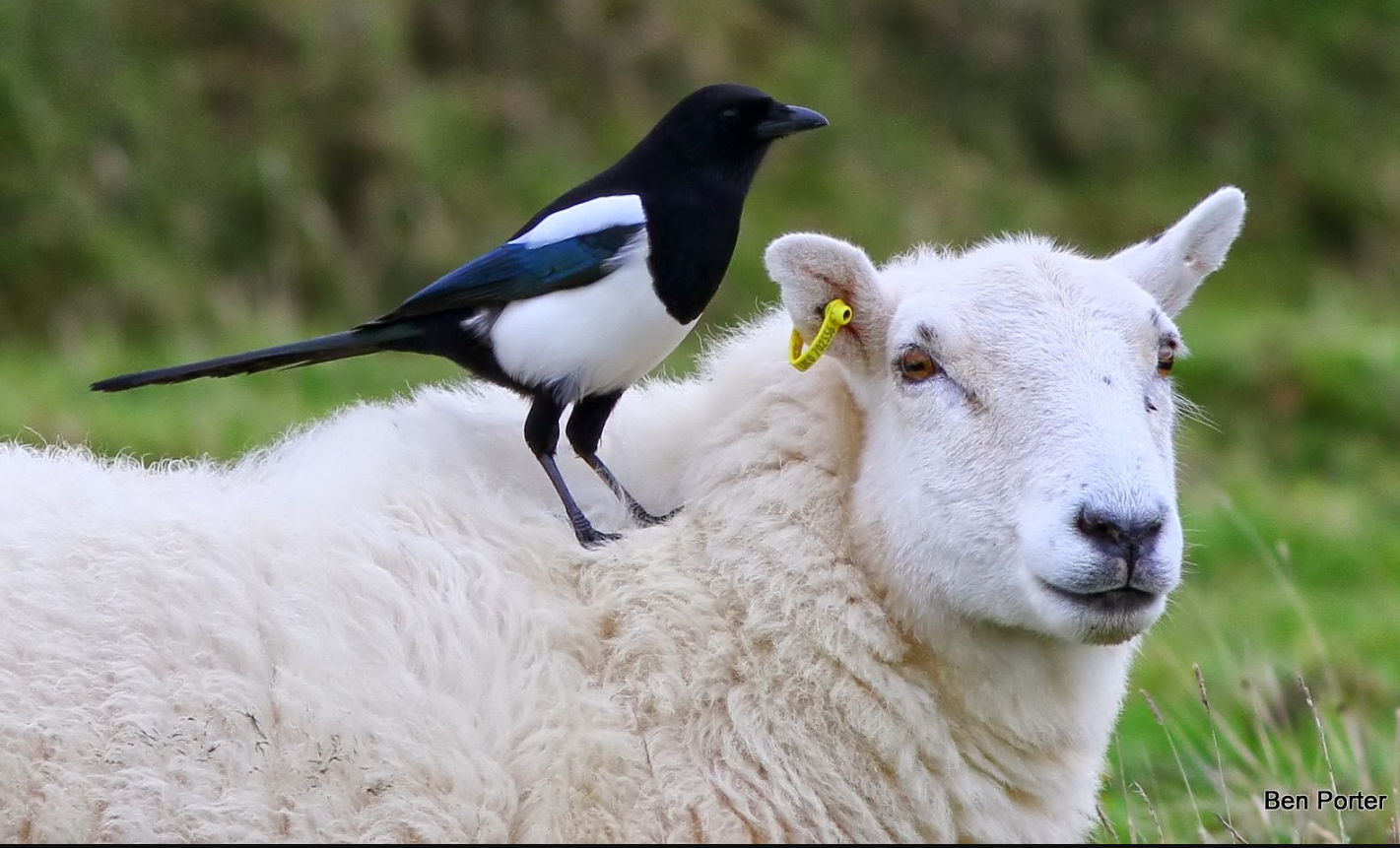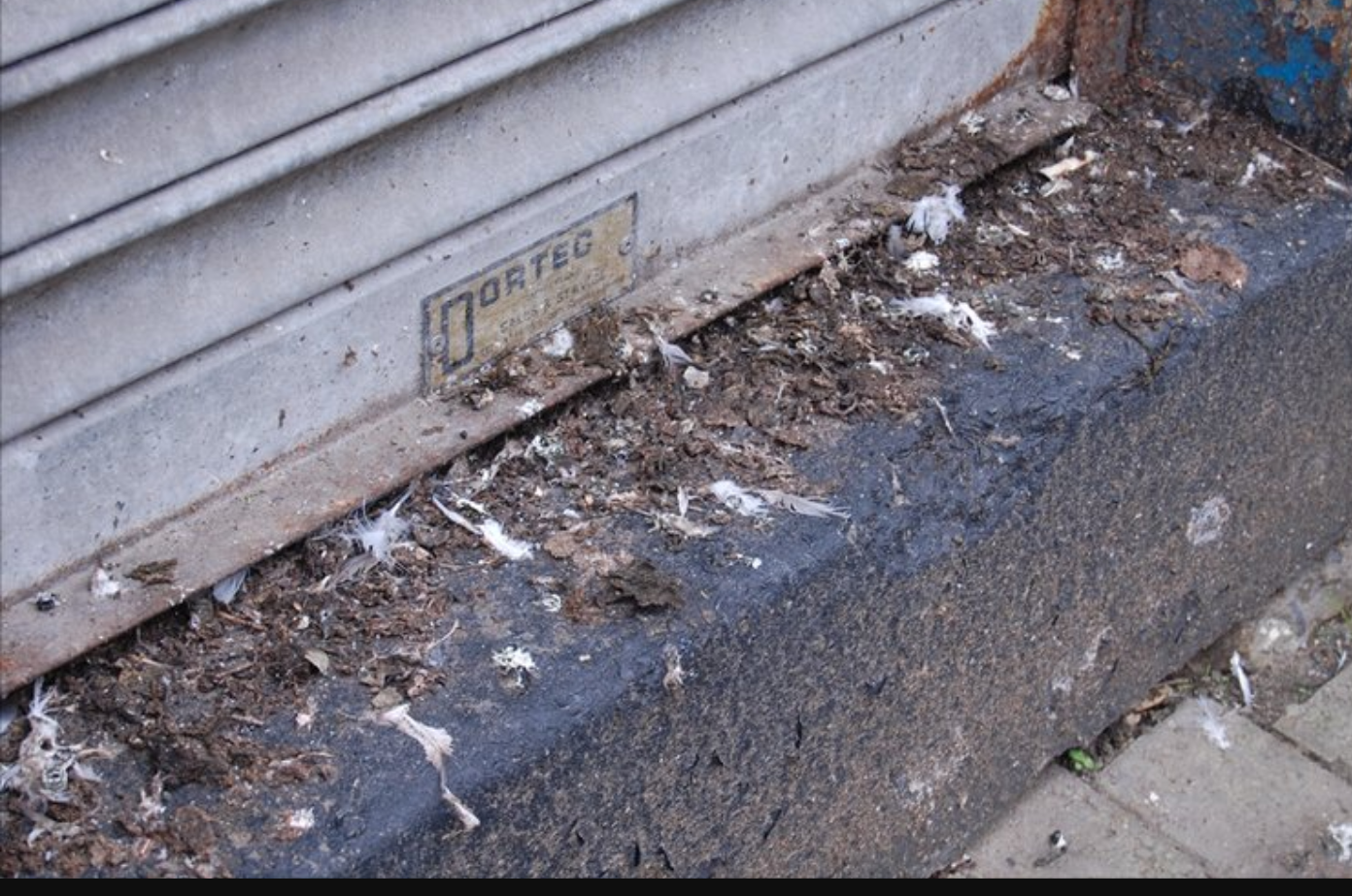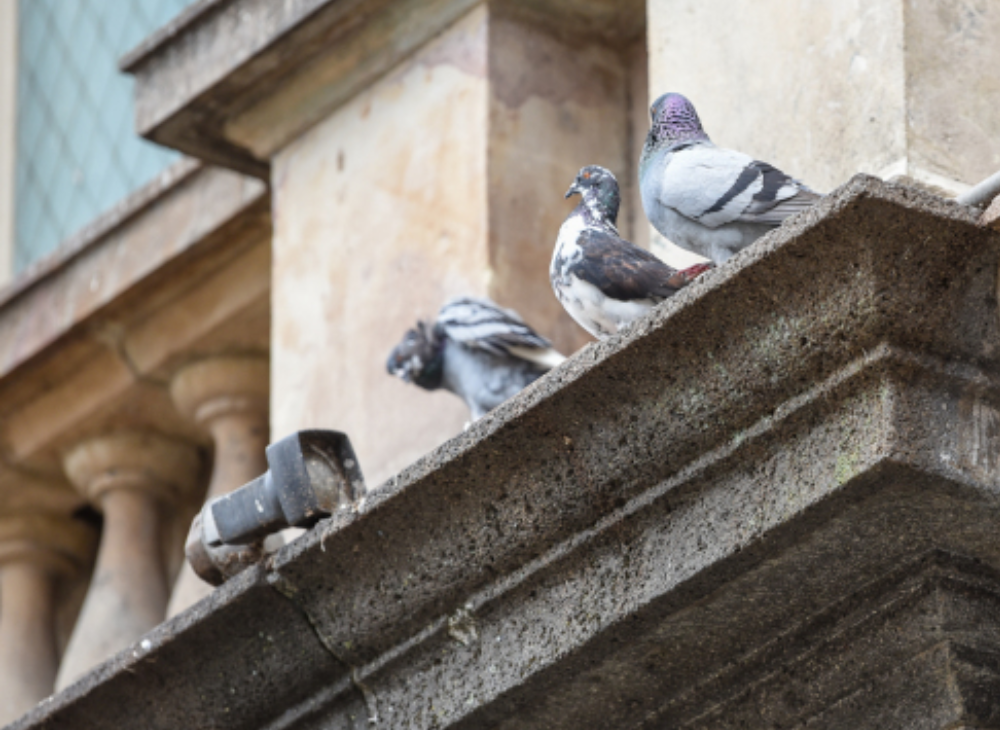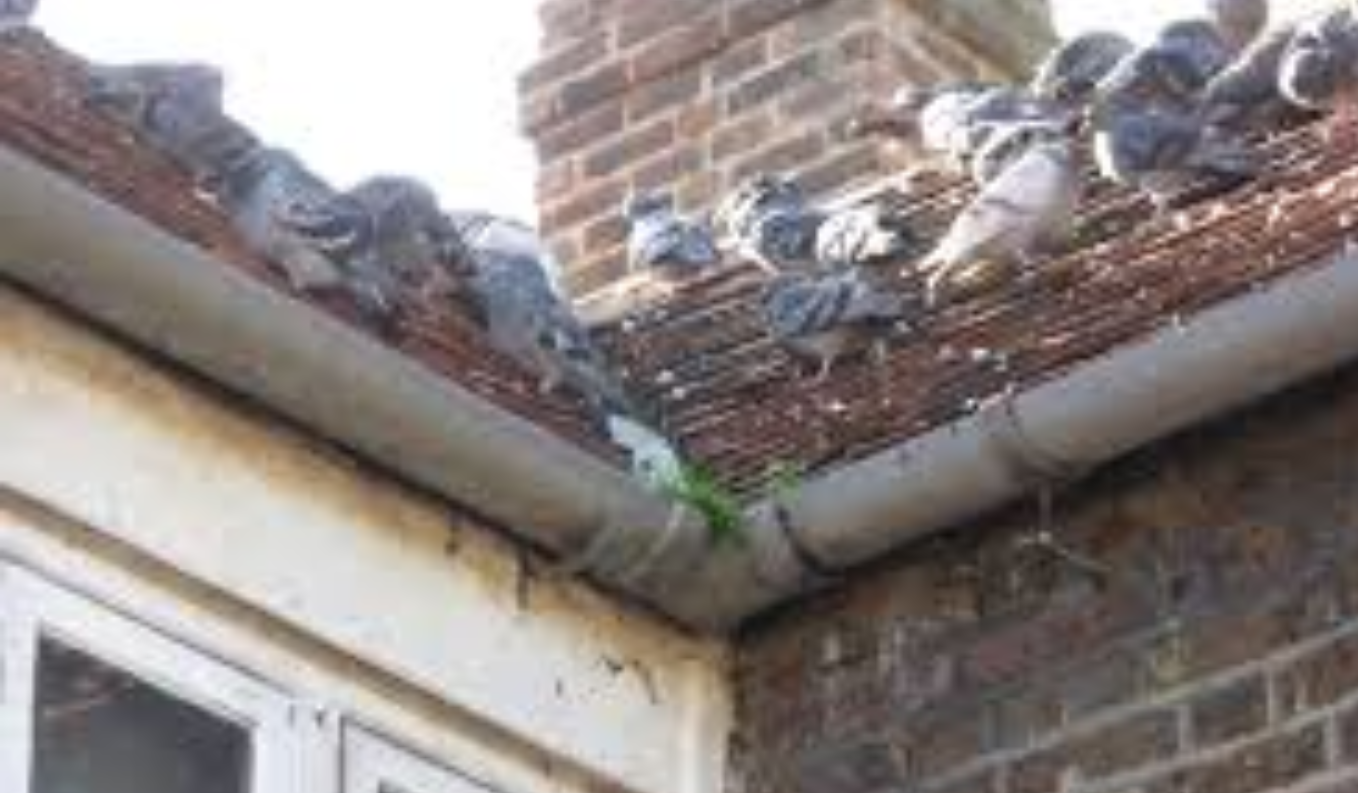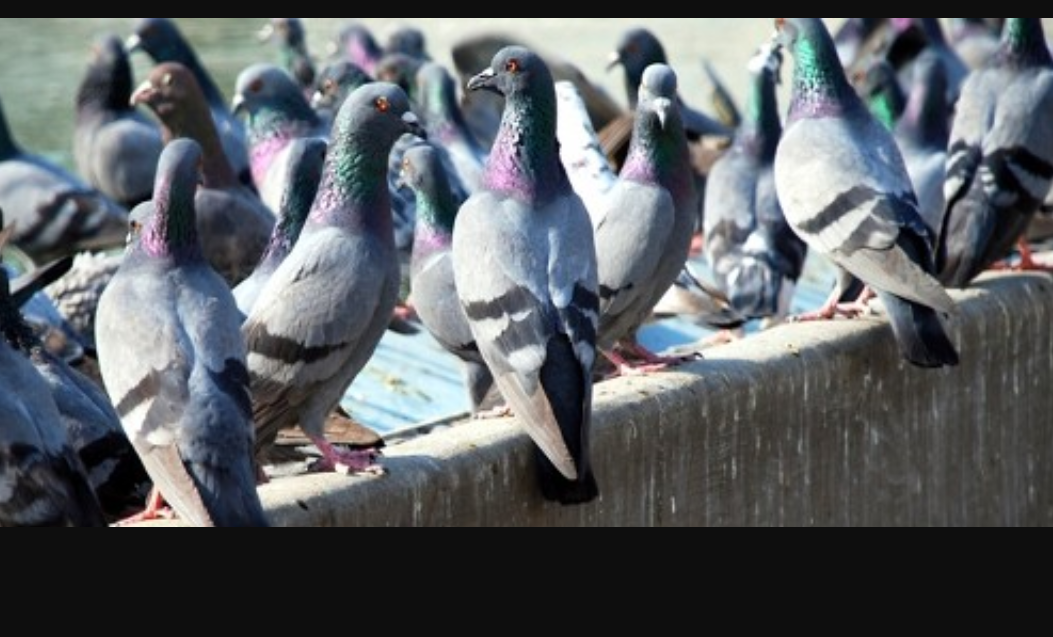The experts in bird pest control
Here at wasp control bradford our environmental pest control team are the experts in bird pest control. Our pest removal services include, bird pest control, bird nest removal, pigeon pest control, proofing, deterrents and advice. Our environmental pest control service covers West Yorkshire, including, Bradford, Birstall, Cleckheaton, Batley, Heckmondwike, Bingley, Dewesbury, Liversedge, Morley, Wyke, Brighouse, Queensbury, Halifax, Huddersfield. We are a local pest control service to many areas, if you can't see your area listed, give us a call, we are here to help. For any form of bird pest control it is recommended that a professional environmental pest control service is contacted.
Bird Facts
Urban birds such as pigeons, gulls and crows are great opportunists. Given a ready made food source and a sheltered nesting site, these birds can grow rapidly in numbers and what was once a few birds can soon become a thriving colony. Birds carry a range of diseases that can be transmitted to man, not only via their droppings but also from the bird themselves. These diseases include Listeria, Ecoli and Ornithosis. Bird droppings are acidic and can corrode/erode metals and masonry. Nesting materials can block chimneys, flues and guttering. This can cause possible issues with carbon monoxide and water damage from blocked guttering and bird nest removal is required. Buildings covered in fouling not only look and smell unpleasant but can project a poor business image, potentially ruining an organisations reputation. Closely linked to bird activity are parasites including, mites, fleas, ticks and beetles and if which left untreated can lead to parasite infection. Bird prevention, proofing and control is a highly specialised skill requiring specialist equipment and tools. For any kind of bird pest control and bird nest removal it is strongly recommended that a professional pest control service is contacted. Here at Sykes Pest Removal Services, our environmental pest control team have the knowledge and experience in bird pest control and have access to a range of professional products and tools which are not available to the general public. Our local pest control service is only a phone call away.
Pigeons
The feral pigeon is an extremely common ancestor of the now rare Rock Dove. They are highly sociable, intelligent birds and live in large numbers in all manner of habitats throughout the UK. These habitats include towns, cities, parks, gardens and farmland and pigeon pest control is becoming a much needed pest removal service. The feral pigeon is approximately 32cm in height, colouration, however is extremely variable. Adults will breed whenever there is warmth in the weather and will often have up to 5 broods in a year, this number can rise to above 10 in exceptional conditions and with a good food source. They build flimsy nests on ledges and cavities in the city centres where temperatures are a little higher than the surrounding areas. The feral pigeon is an abundant British breeding resident. Feral pigeons live in such high numbers that they can soon cover a building with droppings, these not only look and smell unpleasant but when dry become airborne in small particles which can lead to respiratory complaints such as Psittacosis. For pigeon pest control it is recommended that an environmental pest control service is required.Gulls
Gulls, especially herring gulls are a common sight around Britain's coasts, seaside towns, inland waters and refuse tips. They evolved more than 15 million years ago in the Northern Atlantic and spread globally. They are gregarious in all seasons, breeding in large colonies on coastal cliffs, grass slopes, islands and sand dunes. Since the 1940's gulls have bred increasingly on roofs in coastal towns and inland. Eggs are generally laid in May, a clutch consisting of between 2-4 eggs and are incubated by both parents for between 28-30 days. Only a single brood is raised. Outside of the breeding season, gulls roost in large flocks feeding on marine organisms, carrion, garbage, and on agricultural land. Versatile breeding habits, changes in temperatures and feeding on inland refuse tips have led to a population increase, which in turn has caused strain on their natural breeding grounds. This appears to be the main reason for increased nesting in buildings, on roof tops of houses, shops, offices and factories. The resulting mess from droppings, loud wailings and aggressiveness during the breeding season, have led many people to consider them a pest species. For gull/bird pest control and bird nest removal it is recommended that an environmental pest control service is required. 